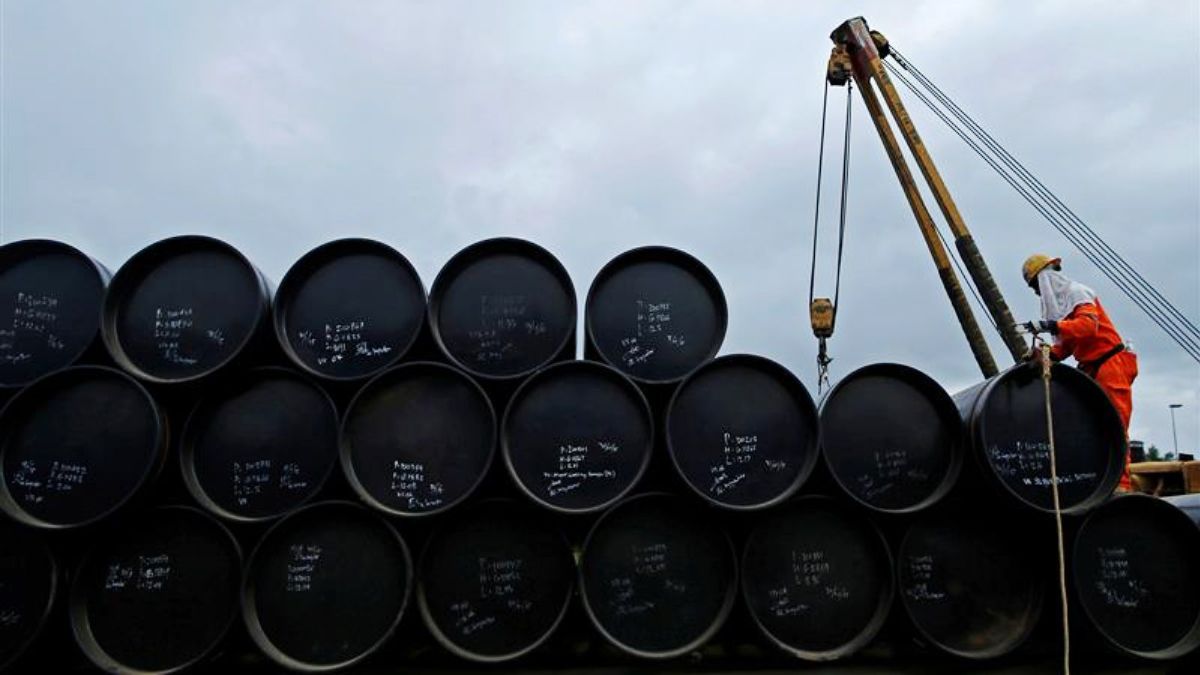The prices of the oil remained stable on Tuesday as supply risks stemming from expectations of escalating conflict in Middle East were tempered by concerns about demand after the OPEC on Monday lowered its forecast for demand growth in 2024.
Mid-morning crude oil futures Brent U.S. benchmarks were down 8 cents, or 0.10 percent, at $82.22 a barrel, while U.S. West Texas Intermediate crude was down 1 cent, or 0.01 percent, at $80.05. Both benchmarks had risen for five straight sessions through Monday.
The potential for falling prices of oil could be limited as geopolitical tensions persist, contributing to market uncertainty and supporting crude prices, said Li Xing Gan, financial market strategist at Exness. Brent gained more than 3% on Monday, while U.S. crude futures rose more than 4%.
“Crude oil traders are facing a geopolitical curveball due to another standoff between Israel and Iran. But unless oil and gas facilities are affected, any rise in oil prices will not sustain amid demand uncertainty,” said Gaurav Sharma, an independent analyst.
“Even OPEC – hitherto the most optimistic of demand forecasters – revised down its projections on Monday due to concerns about imports from China,” Sharma added.
The incidence of OPE
The cut in the demand forecast for 2024 by the Organization of the Petroleum Exporting Countries (OPEC) highlighted the dilemma facing the broader group OPEC+ in its aim to increase production from October.
Also on Tuesday, the International Energy Agency (IEA) The US kept its forecast for global oil demand growth unchanged for 2024 but cut its estimate for 2025, citing the impact of weak Chinese consumption on economic growth.
Markets are also bracing for Wednesday’s US consumer price index report, which will provide a crucial reading on inflation.
Attention in the Middle East
Still, investors remained vigilant about the latest geopolitical tensions. The conflict in Middle East has intensified and USA is preparing for what could be significant attacks by Iran or its proxies in the region as early as this week, White House national security spokesman John Kirby said Monday.
According to analysts, any attack could restrict access to the global crude oil supplies and push up prices. An attack could also lead the United States to impose embargoes on Iranian crude exports, potentially affecting 1.5 million barrels per day of supply.
“If an eventual retaliation by Iran falls within the scope of a so-called proportionate response, and (upcoming economic data) disappoints, then holding the $80 Brent level may prove challenging,” said Harry Tchilinguirian, head of research at Onyx Capital Group.
Source: Ambito




